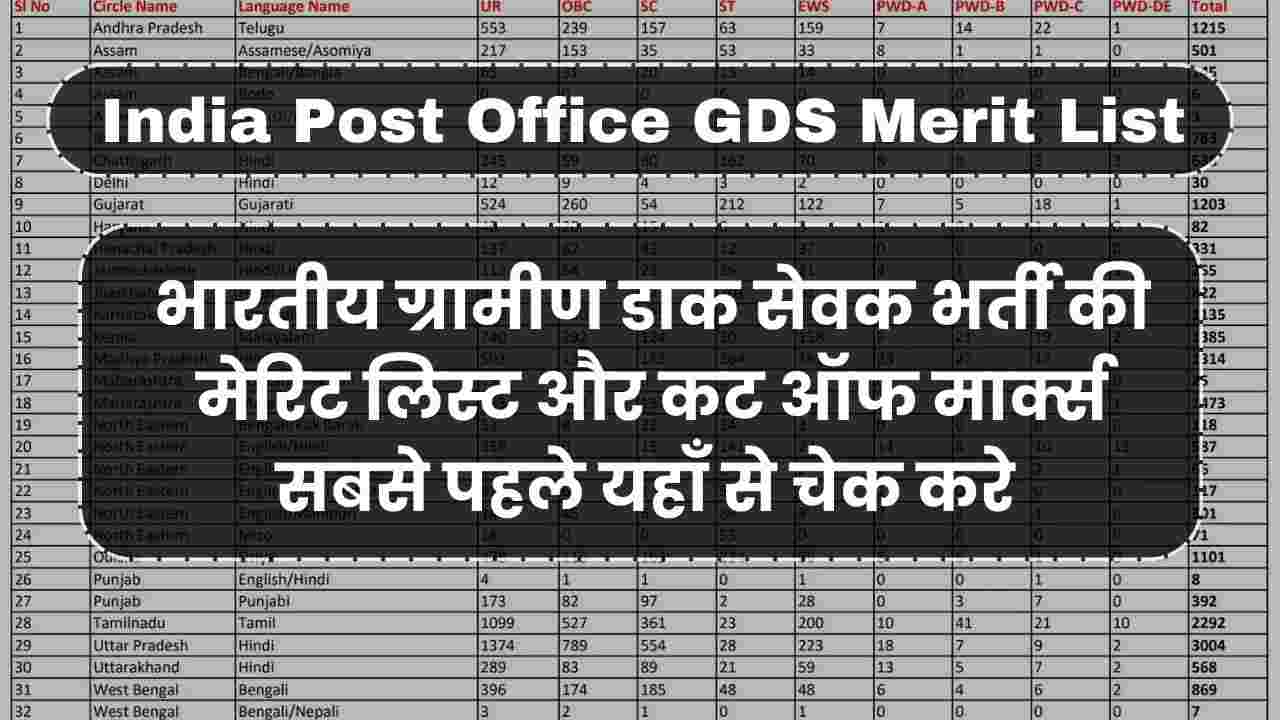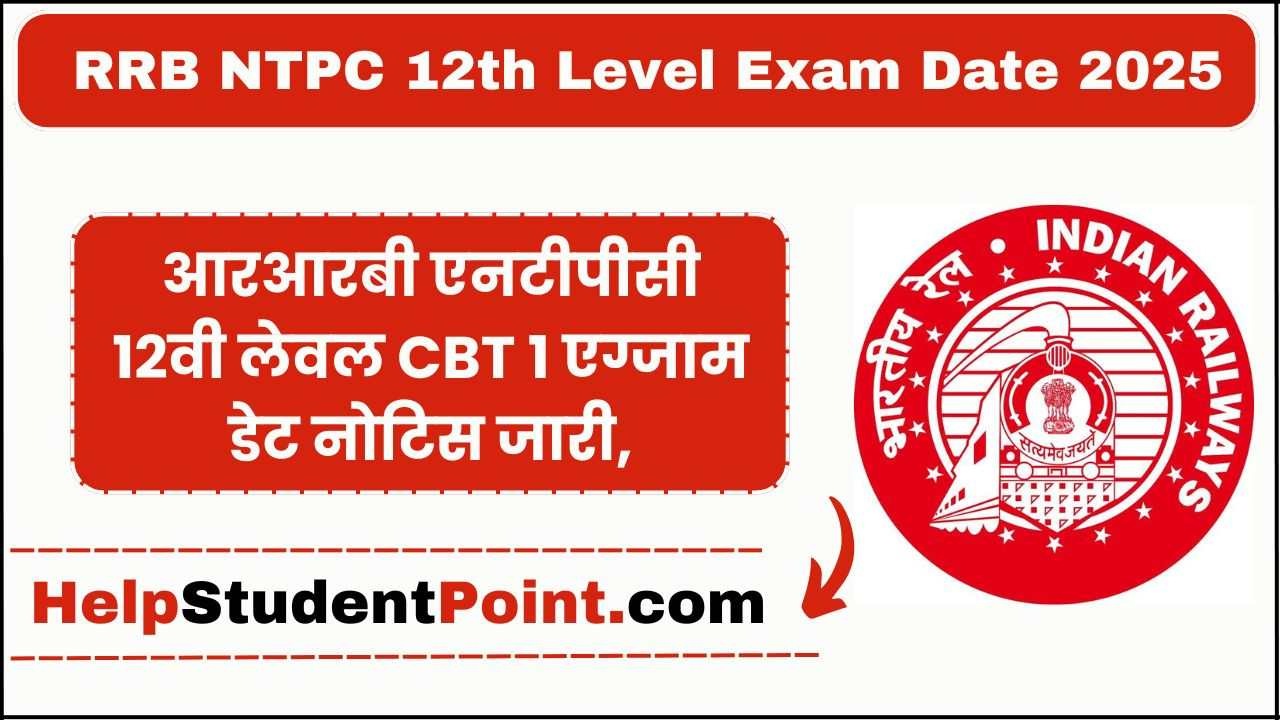UPSC Agriculture Optional Syllabus For IAS Mains 2025 upsc agriculture optional syllabus in hindi, upsc agriculture optional, upsc agriculture optional highest marks Agriculture optional syllabus, upsc agriculture optional Syllabus, upsc agriculture optional question paper, agriculture optional upsc notes UPSC CSE Agriculture Optional Syllabus for Paper-I, UPSC CSE Agriculture Optional Syllabus for Paper-II
| UPSC CSE Agriculture Optional Syllabus for Paper-I |
- Ecology and its relevance to man, natural resources, their sustainable management and
conservation. Physical and social environment as factors of crop distribution and production. Agro
ecology; cropping pattern as indicators of environments. Environmental pollution and associated
hazards to crops, animals and humans. Climate change—International conventions and global
initiatives. Green house effect and global warming. Advance tools for ecosystem analysis—Remote
Sensing (RS) and Geographic Information Systems (GIS).
- Cropping patterns in different agro-climatic zones of the country. Impact of high-yielding and
short-duration varieties on shifts in cropping patterns. Concepts of various cropping, and
farming systems. Organic and Precision farming. Package of practices for production of important
cereals, pulses, oil seeds, fibres, sugar, commercial and fodder crops.
- Important features, and scope of various types of forestry plantations such as social forestry,
agro-forestry, and natural forests : Propagation of forest plants. Forest products. Agro-forestry and
value addition. Conservation of forest flora and fauna.
- Weeds, their characteristics, dissemination and association with various crops; their
multiplications; cultural, biological, and chemical control of weeds.
- Soil—physical, chemical and biological properties. Processes and factors of soil formation.
Soils of India. Mineral and organic constituents of soils and their role in maintaining soil
productivity. Essential plant nutrients and other beneficial elements in soils and plants. Principles
of soil fertility, soil testing and fertiliser recommendations, integrated nutrient management
Biofertilizers. Losses of nitrogen in soil, nitrogen-use efficiency in submerged rice soils, nitrogen
fixation in soils. Efficient phosphoruse and potassium use. Problem soils and their reclamation.
Soil factors affecting green house gas emission.
- Soil conservation, integrated watershed management. Soil erosion and its management. Dry
land agriculture and its problems. Technology for stabilising agriculture production in rainfed
areas.
- Water-use efficiency in relation to crop production, criteria for scheduling irrigations, ways
and means of reducing run-off losses of irrigation water. Rainwater harvesting. Drip and
sprinkler irrigation. Drainage of water-logged soils, quality of irrigation water, effect of industrial
effluents on soil and water pollution. Irrigation projects in India.
- Farm management, scope, importance and characteristics, farm planning. Optimum
resource use and budgeting. Economics of different types of farming systems. Marketing
management strategies for development, market intelligence. Price fluctuations and their cost;
role of co-operatives in agricultural economy; types and systems of farming and factors affecting
them. Agricultural price policy. Crop Insurance.
- Agricultural extension, its importance and role, methods of evaluation of extension
programmes, socio-economic survey and status of big, small and marginal farmers and landless
agricultural labourers; Training programmes for extension workers. Role of Krishi Vigyan Kendra’s
(KVK) in dissemination of Agricultural technologies. Non-Government Organisation (NGO) and
self-help group approach for rural development.
|
| UPSC CSE Agriculture Optional Syllabus for Paper-II |
- Cell structure, function and cell cycle. Synthesis, structure and function of genetic material.
Laws of heredity. Chromosome structure, chromosomal aberrations, linkage and cross-over, and
their significance in recombination breeding. Polyploidy, euploids and aneuploids. Mutation—and
their role in crop improvement. Heritability, sterility and incompatibility, classification and their
application in crop improvement. Cytoplasmic inheritance, sex-linked, sex-influenced and
sex-limited characters.
- History of plant breeding. Modes of reproduction, selfing and crossing techniques. Origin,
evolution and domestication of crop plants, center of origin, law of homologous series, crop
genetic resources—conservation and utilization. Application of principles of plant breeding,
improvement of crop plants. Molecular markers and their application in plant improvement.
Pure-line selection, pedigree, mass and recurrent selections, combining ability, its significance in
plant breeding. Heterosis and its exploitation. Somatic hybridization. Breeding for disease and pest
resistance. Role of interspecific and intergeneric hybridization. Role of genetic engineering and
biotechnology in crop improvement Gernetically modified crop plants.
- Seed production and processing technologies. Seed certification, Seed testing and storage.
DNA finger printing and seed registration. Role of public and private sectors in seed production,
and marketing. Intellectual Property Rights (IPR) issues, WTO issues and its impact on Agriculture.
Principles of Plant Physiology with reference to plant nutrition, absorption, translocation and
metabolism of nutrients. Soil-water-plant relationship.
- Enzymes and plant pigments; photosynthesis—modern concepts and factors affecting the
process, aerobic and anaerobic respiration; C3, C4 and CAM mechanisms. Carbohydrate, protein
and fat metabolism. Growth and development; photoperiodism and vernalization. Plant growth
substances and their role in crop production. Physiology of seed development and germination;
dormancy. Stress physiology—draught, salt and water stress.
- Major fruits, plantation crops, vegetables, spices and flower crops. Package practices of major
horticultural crops. Protected cultivation and high tech horticulture. Post-harvest technology and
value addition of fruits and vegetables. Landscaping and commercial floriculture. Medicinal and
aromatic plants. Role of fruits and vegetables in human nutrition.
- Diagnosis of pests and diseases of field crops, vegetables, orchard and plantation crops and
their economic importance. Classification of pests and diseases and their management.
Intergrated pest and diseases management. Storage pests and their management. Biological
control of pests and diseases. Epidemiology and forecasting of major crop pests and diseases.
Plant quarantine measures. Pesticides, their formulation and modes of action.
- Food production and consumption trends in India. Food security and growing
population—vision 2020. Reasons for grain surplus. National and International food policies.
Production, procurement, distribution constraints. Availability of foodgtrains, per capita
expenditure on food. Trends in poverty, Public Distribution System and Below Poverty Line
population, Targeted Public Distribution System (PDS), policy implementation in context to
globalization. Processing constraints. Relation of food production to National Dietary Guidelines
and food consumption pattern. Food based dietary approaches to eliminate hunger.
- Nutrient deficiency—Micro nutrient deficiency : Protein Energy Malnutrition or Protein Calorie
Malnutrition (PEM or PCM), Micro nutrient deficiency and HRD in context of work capacity of
women and children. Food grain productivity and food security.
|
Frequently Asked Questions (FAQs) On UPSC CSE Optional Syllabus
Question- What is the UPSC’s Annual Programme (Calendar) of Examinations/RTs (Recruitment Tests)?
Answer – The UPSC publishes an Annual Programme (Calendar) of all the Structured Examinations/RTs conducted by it at least 6 months in advance (i.e. in June) for the Examinations/RTs to be conducted during the next calendar year. The Programme is uploaded on the UPSC’s website as also published in the leading news papers of the country. The date of issue of Examination Notice for each Examination is also mentioned in this Annual Programme.
Question- What happens if a candidate submits multiple online applications?
Answer – While a candidate should avoid submitting more than one online application, in case of doing so, the data provided in the last application (highest RID Number), that is successfully submitted online, is accepted by the Commission. All previous applications are ignored as these are amalgamated with the last completed & finally submitted application. If an applicant (who has already submitted an application successfully) wants to
make amendments in the application, then he has to submit a fresh application on or before the last date of submission of application of the Examination. Therefore, it must be ensured that fee is submitted against the
last online application only, which should also be complete in all respects including its final submission. Fee paid against one RID shall not be adjusted against any other RID number
Question- What action is taken by the Commission in case of submission of false information by the candidates?
Answer – A candidate found to be furnishing false information to the Commission or suppressing information, adopting various unfair means in the Examination like impersonation, cheating, etc., is liable to be disqualified
and/or debarred from writing UPSC Examinations as decided by the Commission. A detailed stipulation in this regard is incorporated in the Rules of Examination/ Examination Notices.




